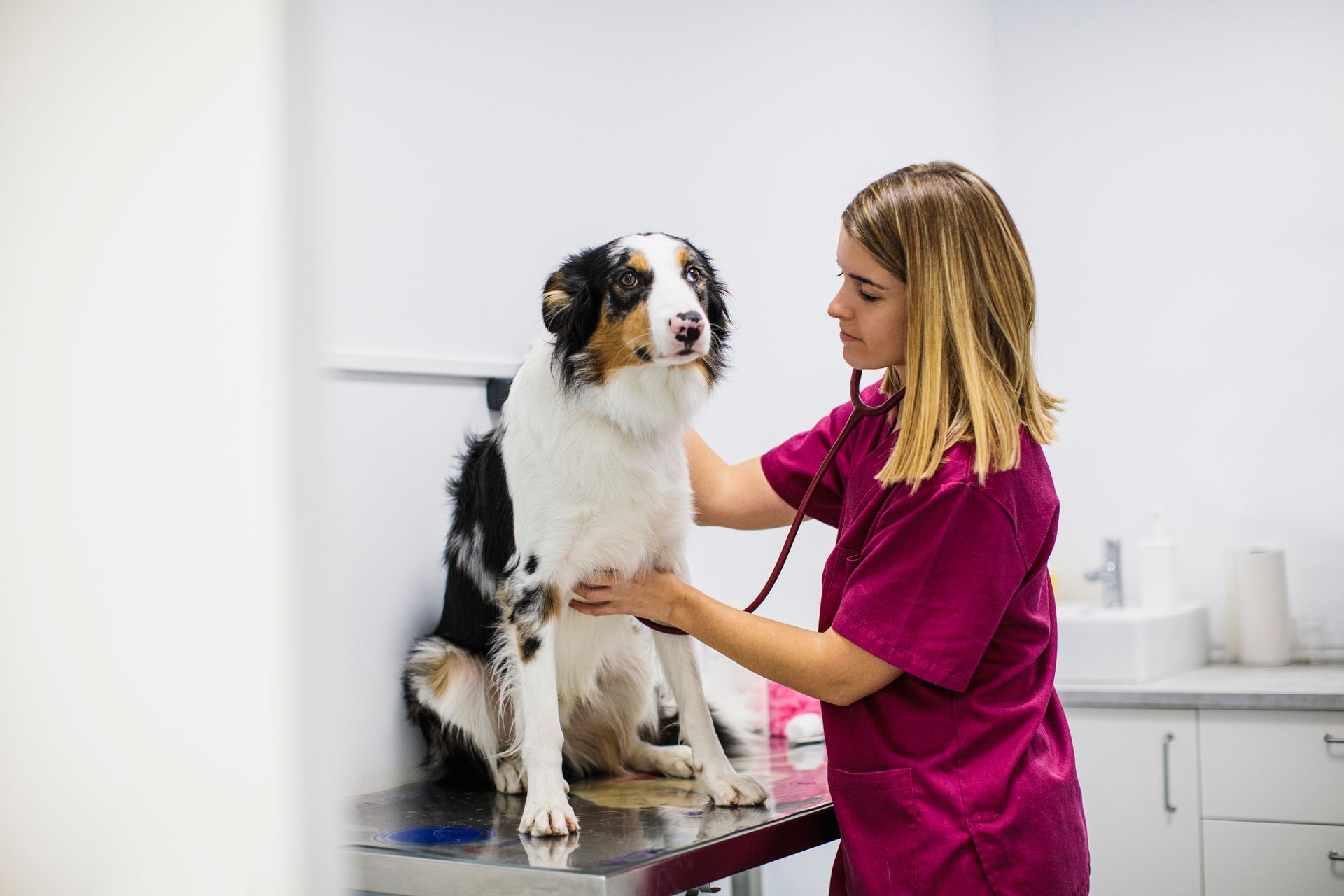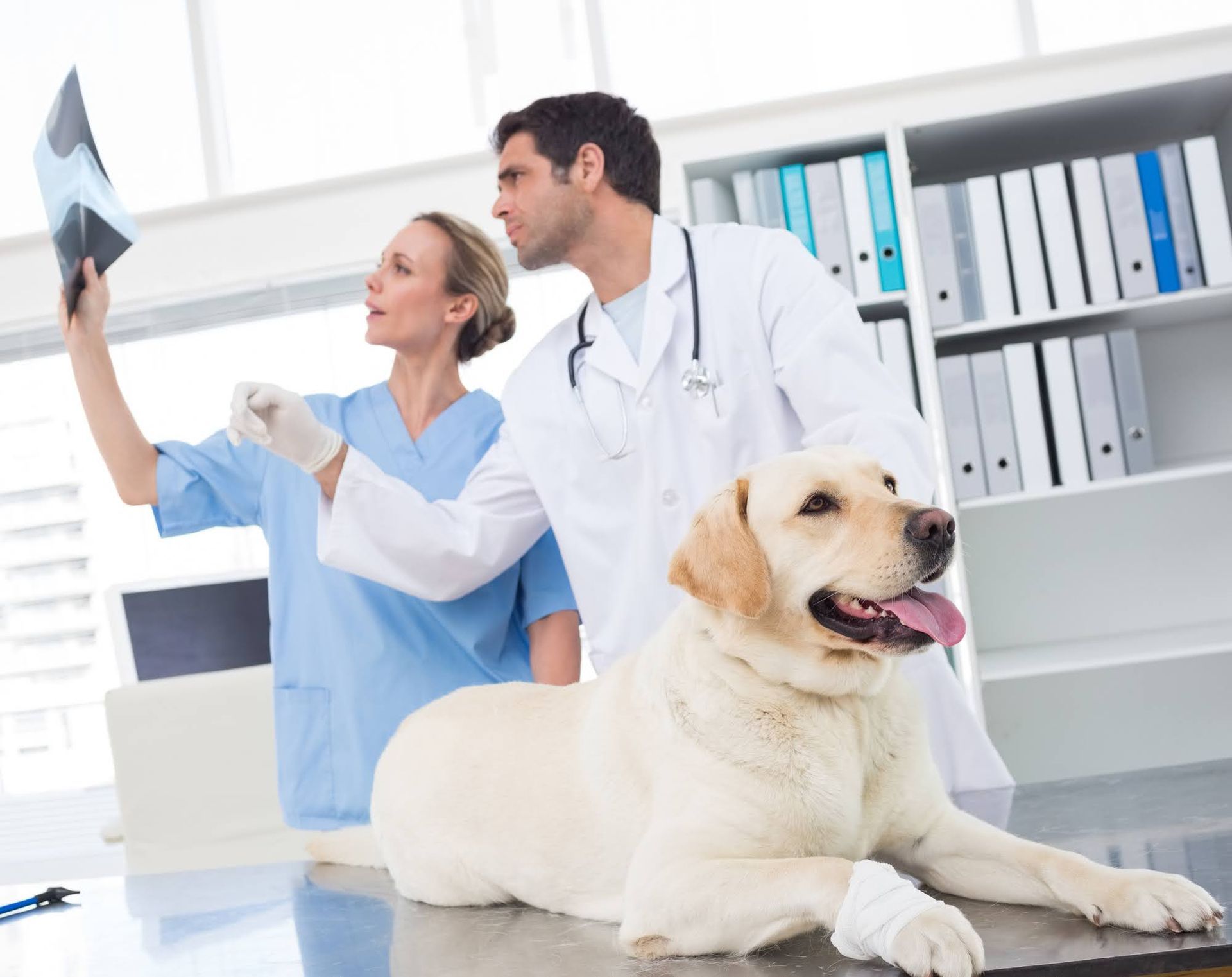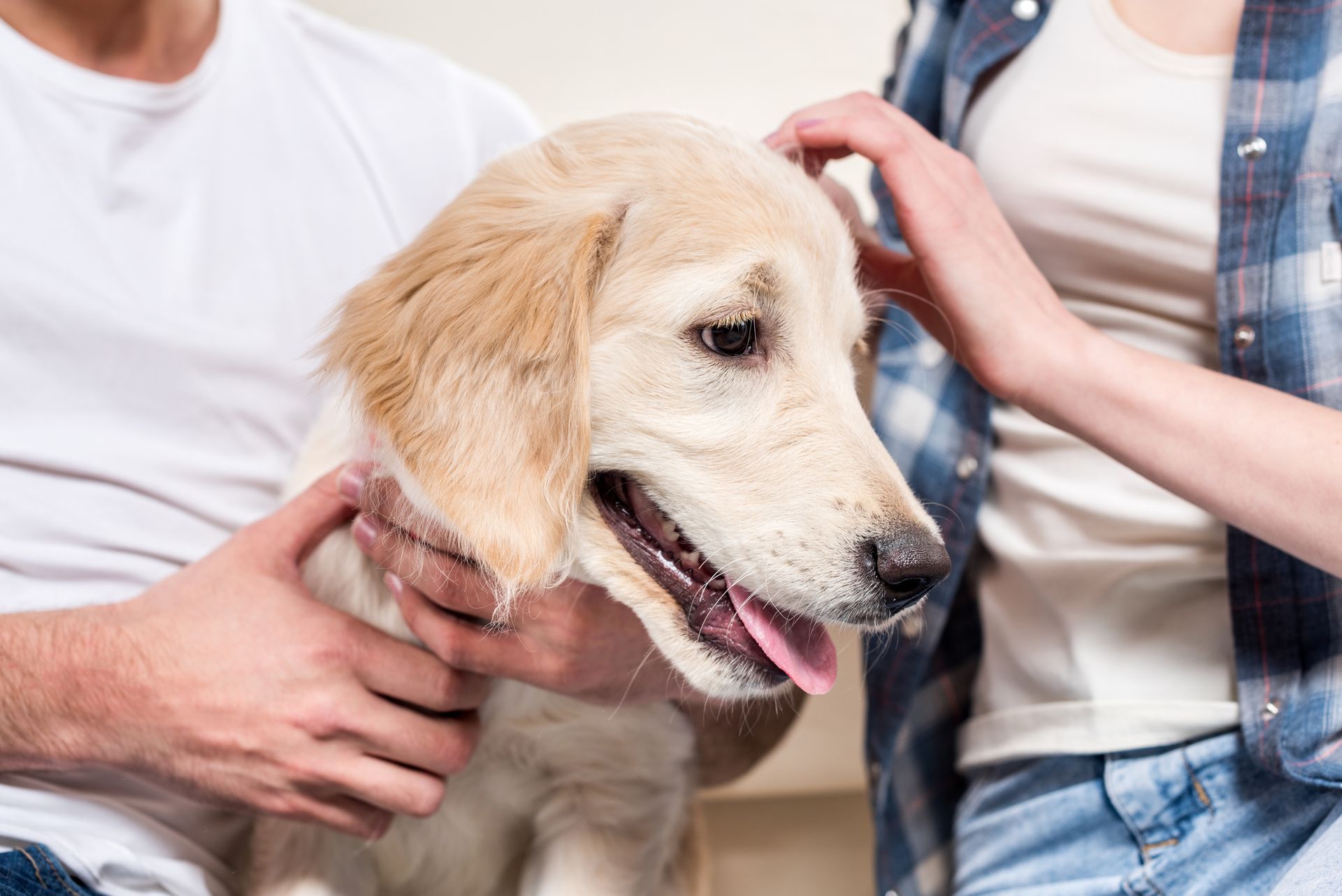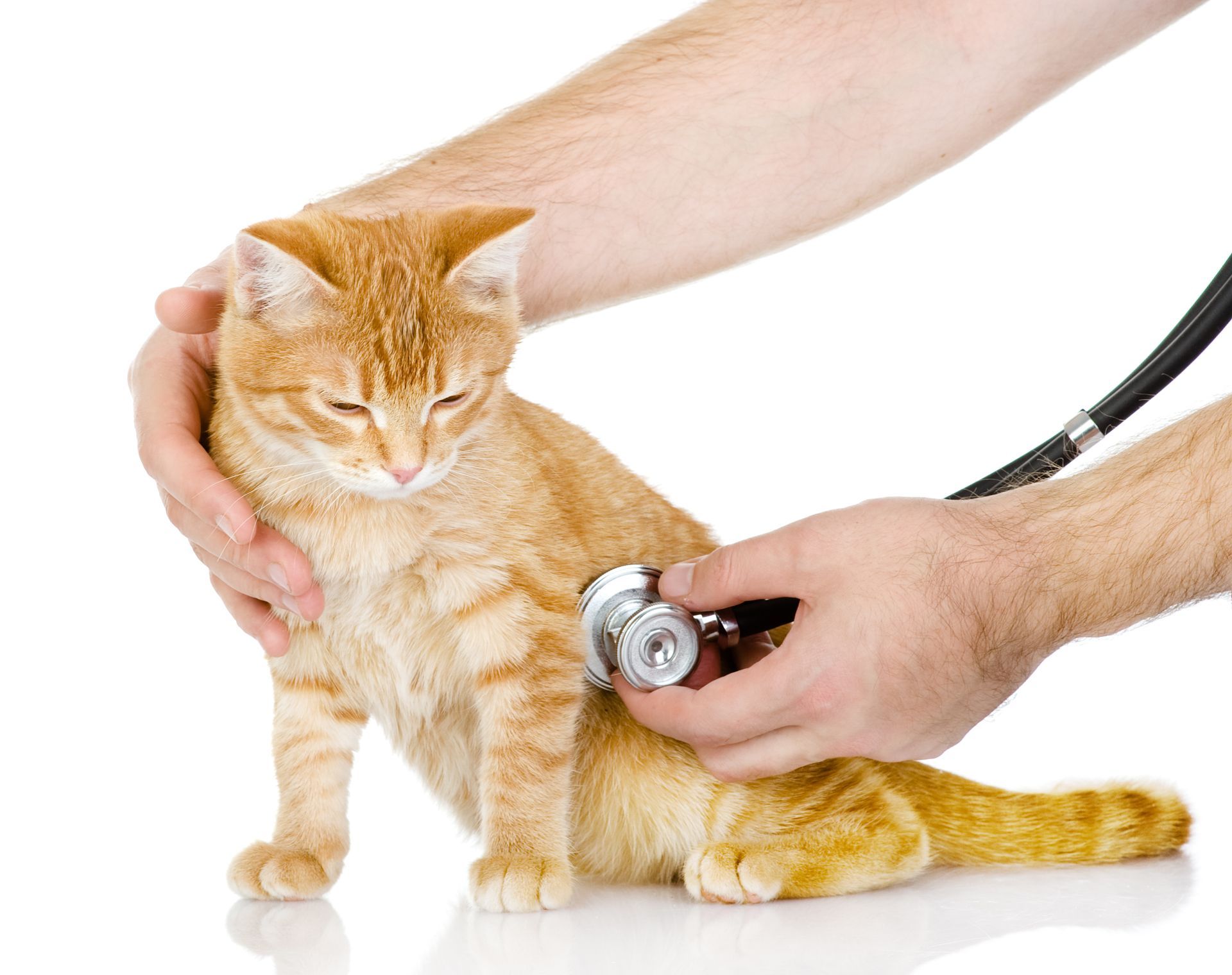Warning Signs That Your Dog Might Be Pregnant

For many dog owners, the thought of their furry friend having a baby makes them feel happy, nervous, or confused. Whether you planned for your dog to get pregnant or it came as a complete surprise, knowing the early signs can help you give her the right care. Instead of guessing and worrying, here is a guide to help you spot the telltale signs that your dog is pregnant and you need to prepare for the arrival of puppies.
Changes in Appetite
The hormonal changes during pregnancy can cause a dog to lose or gain an appetite. Some dogs, like some humans, may experience a loss of appetite and even vomiting in the initial phases of pregnancy. Pregnancy hormones are responsible for this phenomenon.
However, some pregnant dogs may experience an intensified hunger. This is because she must feed not only herself, but her puppies as well, leading to the need to consume more food. The mother's nutritional requirements rise as her body goes through the stages of pregnancy. Because of this, pregnant dogs should have their nutritional needs assessed by a vet to ensure she recieves the correct amount of food and nutrients to supply her and her puppies.
Increase in Weight and Abdomen
Puppies require more room and nutrition as they develop inside their mother, leading to maternal weight growth and belly expansion. In most cases, this weight gain begins in the following week after pregnancy and lasts until the puppies are born.
Hormonal shifts lead to a higher hunger and a slowed metabolism, all of which contribute to the dog's weight gain. Your dog may start eating more and putting on weight quickly. The majority of the excess weight tends to accumulate there.
When you put your hand on your dog's tummy, you may notice that it is bigger than usual. You may even be able to sense the puppies wriggling about inside her as her pregnancy advances.
Decrease in Energy
The signs of low energy might be subtle or obvious, such as a decrease in activity, an increase in napping, or a general appearance of weariness. Around the second week of pregnancy, your dog may seem more fatigued than usual. This is a result of hormonal shifts in her body.
Changes in a female dog's hormones during pregnancy may explain her lack of vigor. These hormonal changes can put a strain on the body, which in turn can reduce energy and induce exhaustion. Expecting dogs may become increasingly exhausted as their bellies expand to accommodate their developing litter.
It is worth noting that hyperactive dogs can show this drop in energy levels more noticeably than others. Dog owners may discover their companion is less interested in their usual activities, such as playing fetch or going for lengthy walks. It may be harder to notice this decline in energy in dogs who are typically more laid back and love snoozing.
Changes in Behavior
As early as a couple of days after mating, your dog may start showing signs of pregnancy in the form of behavioral changes. For example, she may become more affectionate or more irritable. How this manifests in your dog will depend on her unique character.
One possible side effect is an increase in a dog's desire for and display of affection from her human family. She may be more content and contented, with an increased need for petting. Sometimes, a pregnant dog may become easily angry or demand space. This could be an indication of pregnancy, or it could be the result of something else, such as physical pain or emotional tension.
A veterinarian can help you ensure that your dog is healthy throughout her pregnancy and that she delivers safely. Contact us at Angel Pet Hospital for emergency pet services in Edmonds, WA, and surrounding regions.

















